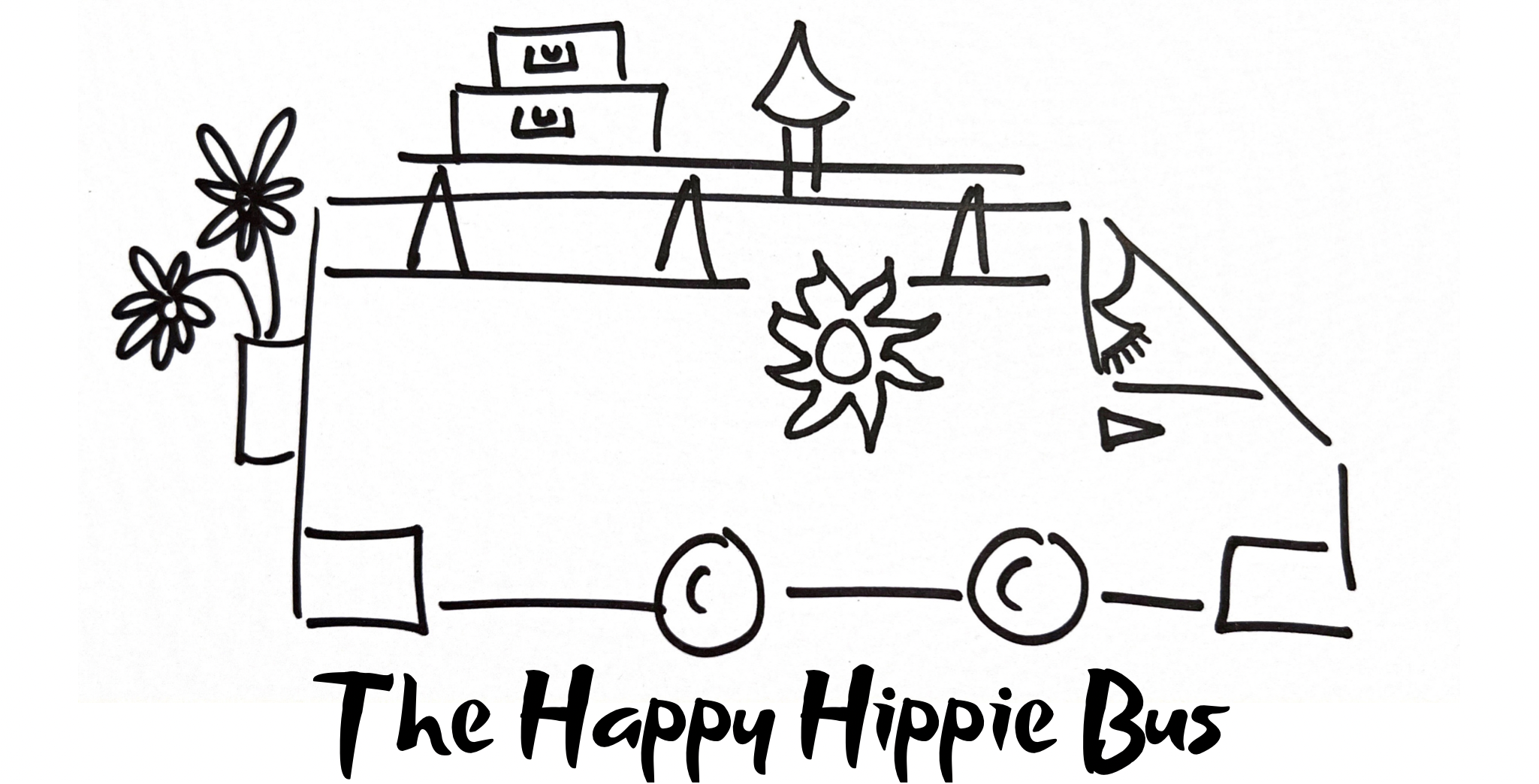We had a discussion here at The Happy Hippie Bus, sparked by a comment we saw online about fair trade, mainly discussing the retail value for customers if they shop with fair trade businesses, about costs and value. A comment brought about when comparing fair trade businesses and organisations to larger multinational retailers, how do they compare? Can they sit happily in the same market together? Most importantly, what are the real costs?
There has been a huge shift by customers looking to the online market places for their shopping, with online retail holding 26.5% of the shopping market here in the UK.
It’s certainly been no secret that there has been a huge rise in gigantic multinational businesses competing to carve their space within the online retail industry.
We’ve all seen lots of ad’s, pop-ups, social posts and apps hitting our view on our phones, TV’s and billboards. Glossy images from gigantic global brands, all seemingly promising super discounts and value. This huge rise, again no secret, created unparalleled growth for the very wealthiest. But at what cost?
We looked into this new wave of hyper-consumerism, and the ideals held with it. After a little research we found its roots sit deeply with persuading customers to consume excessively, encouraging them to discard the old in favour of new, a very obvious example being the flash sales of such events as Black Fridays, Cyber Mondays, Penny Sales (this list could go on a while).
Hyper-consumerism being brought about by large retailers that encourage super fast consumerism, building ideals and promoting images that make us customers push for that moment of quick gratification we get from owning or opening a new product, many of which we are promised by glossy ads, we definitely can’t be, or live, without.
What is the cost of this fast turnaround of quick cheap sales from these multinationals? We found that questions have been raised here in the U.K as well as the U.S into the ethical practices of big name gigantic corporations. Of which numerous news articles have been published about the lack of will to offer transparency on their ethical and environmental impacts. A report was raised about the alarming concerns about a huge online discount store as a business being high risk given their potential links to forced labour.
As a fair trade store the idea of people being exploited, even forced to produce products and given little, or no money to do so saddens us. Nobody should be dehumanised or treated unfairly to fuel hyper-consumerism. This only makes us prouder to support good causes as well as fair trade ethical artisans and small producers. See our ethical policy for more details on our commitment to fair trade and ethical production.
With many of our lovely products being made from recycled materials (our lanterns, wind chimes and some of our lovely textiles) we have a strong aim to offer and promote sustainability. It got us thinking, how do larger corporations, with a much larger industrial supply chain protect our environment? Greenpeace.org has been focused on finding the necessary environmental information as to the carbon cost, plastic waste & potential pollution elements of the operations of such companies, businesses based solely on hyper-consumerism. So far Greenpeace has had minimal and limited success in finding this information, with large companies often withholding this information from public knowledge, and when asked will give nothing more than silence.
As a business you want to shout about all the good you do, all the positive things you can provide, this is why we’re writing this now, to shout out how proud we are to be a handmade, fair trade and ethical company with kindness at its core. If transparency is being withheld, hidden or obscured, there is surely a reason. In its most basic form, will the huge industrial practices involved in producing millions and millions of tons of new products year on year have a negative impact on our beautiful planet? Many of these products are made from non-recycled virgin materials, materials fresh from other factories continuing a cycle of more and more - this all before many of these items arrive in their shiny plastic packaging.
On a wonderfully positive note, aside from the rise of the hyper-consumer driven mega businesses there has been a revolution of small, ethical businesses, like us here at The Hippie Bus keeping kind ethics and fairness at their heart. A polar opposite to the multinational business, these small businesses are everything from fair trade, handmade, self-made, small scale, recycled, work from home, even homemade and everything in between. Taking personal responsibility for their environmental impacts, considering their footprint, as we do.
Looking into the long term sustainability of our business is something we do regularly, being sure we don’t contribute to the growing plastic pollution, or landfill problem. One of the ways we do this is to offer high quality handmade products, not meant for quick use, nor designed for dispposability, but to last you a long time, being beautiful and to bring you joy.
We want to encourage you to shop considerately, with thought. It would mean the world, and we’d be so super happy if you were to shop with us here at The Happy Hippie Bus, but if you don’t, please consider shopping fair trade with another small handmade, fair trade business. If we all vote with our wallets, supporting fair trade can bring about a revolution of change, helping to create equality and a fairer cycle of consumerism. The planet, and the beautiful people we share it with will all be grateful for the kinder consideration.
Thank you for stopping by our Happy Hippie Blog, we’re guessing that if you’ve read this blog post you may share our passion and values for all things fair trade, low impact and environmentally conscious, and for that you are wonderfully welcome here.
Have a very awesome day and a big namaste.
Dan & Jess @thehappyhippiebus
